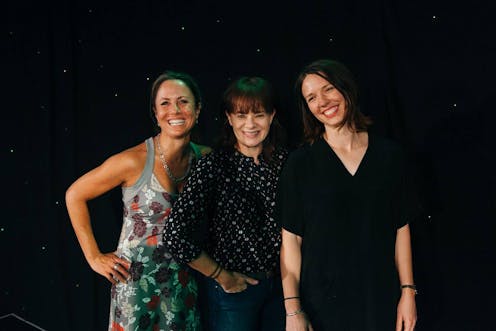How the tenth Stella longlist reflects its mission of creating change
- Written by Ann Vickery, Professor in Writing and Literature, Deakin University

Now in its tenth year, the Stella Prize – founded as a reaction to the under-representation of women in Australian literary culture[1] – has been a force for change. As conversations about representation continue to evolve, the prize does too.
This year’s longlist, just announced, reflects those conversations.
For example, five of the 12 longlisted writers are Indigenous. One writer is non-binary (the first non-binary writer to be recognised was just last year). And in the first year that poetry is eligible, there are three poetry collections. Overall, it’s a longlist that adventurously moves across genres.
The prize continues to recognise new and younger writers: seven of the longlisted titles are first books.

















